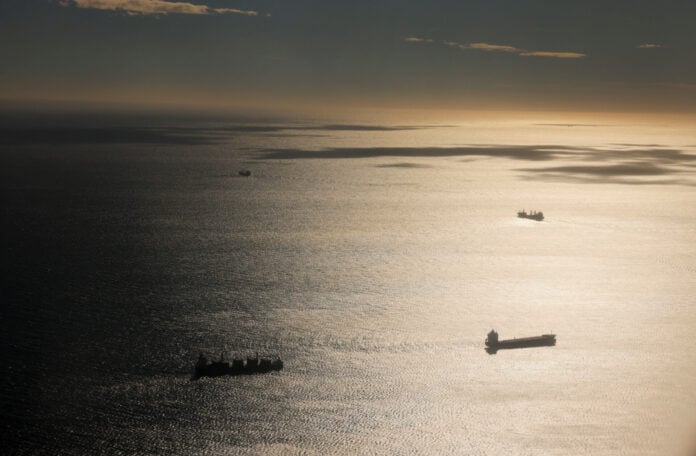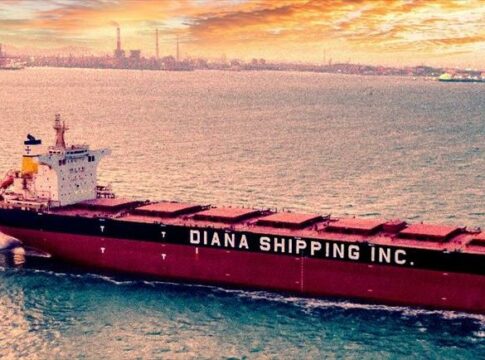The shipping industry is once again preparing to face the geopolitical implications in the Middle East, while tensions are rising and the possibility of closing the Strait of Hormuz remains open, as the Iranian parliament approved a resolution and now the Supreme Security Council of Iran is called upon to make the final decision.
Industry officials emphasized to “N” that tankers continue to load oil normally, with tanker fares increasing and risk premiums skyrocketing, while massive interference in GPS systems makes it difficult for ships to pass through.
Speaking to “N”, senior market analyst at “The Signal Group”, Maria Bertzeletou, stressed that the possibility of closing the Strait of Hormuz remains -for now- at the level of a threat.
However, according to her, there are recordings of ships transiting the region, through the territorial waters of Oman.
“The biggest risk for the region is to have the Houthis activate and images corresponding to those in the Red Sea two years ago,” she added.
Although the transits have so far continued without any problems, the market climate seems to be heading for a drastic change.
“The movement of ships through the Straits of Hormuz remains largely unaffected, as there are contracts in force that bind the companies,” they pointed out.
According to the same sources, however, the ships in the area are also facing navigation problems, as for at least two days their GPS systems will be turned off, with navigation being carried out using the remaining available electronic means.
The competent services of the Ministry of Maritime Affairs and Insular Policy remain on heightened alert. Sources from the ministry noted that approximately 200 ships of Greek interests are currently in the wider area of the Persian Gulf and the Gulf of Oman.
Blockade and retaliation
The decision to close the Strait of Hormuz, through which about 20% of global oil and gas demand passes, is not yet final.
Within this geopolitical context, shipping expert Cameron Livingstone stressed in a post that it is technically possible for Tehran to close the Strait, but on a strategic level this is much more complicated.
As Livingstone added, “Iran has the military capability to disrupt traffic through the Strait, using mines, fast attack craft and anti-ship missiles.”
A decision to “blockade” by Tehran, according to him, could bring serious retaliation, economic isolation and almost certain military escalation.
“Furthermore, Iran needs the Straits to allow its main customers (India, China and Pakistan) access to Iranian oil.”















